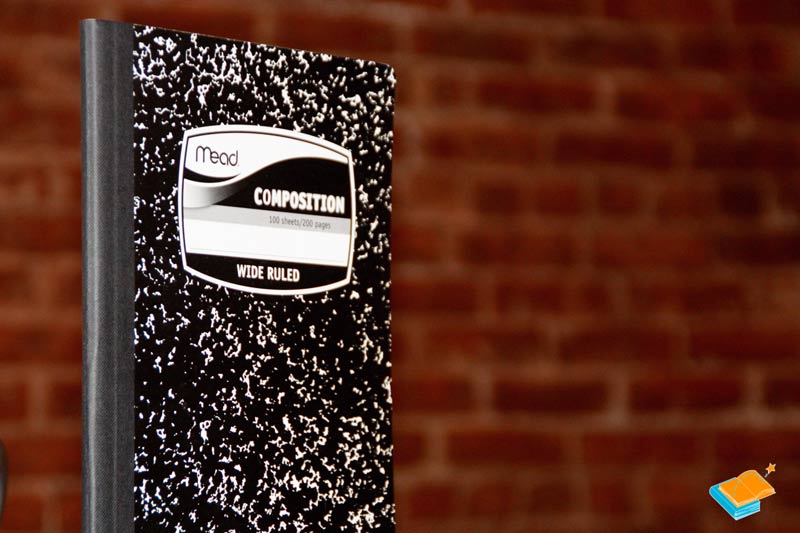My Learning Springboard’s leadership team and faculty work collaboratively to help students of all ages with standardized test preparation using our curriculum, curated materials, and instructional expertise. Our primary goal is to help students become critical thinkers with a repertoire of strategies.
We tailor our instruction and test preparation work to meet the needs of individual students and provide structured practice with a particular test so that students become familiar with the test format, question types, and timing. We ensure success by combining subject-matter expertise, successful test-taking strategies, structured practice, timely feedback, close monitoring, and goal-setting support.
How Does Planning Work?
Ideally, we work with students over a longer period of time so that test preparation does not feel like cramming. We find that extended periods of time for preparation help students to significantly reduce test anxiety, master content, and internalize strategies.
As a general process, students begin by taking a practice test that serves as a benchmarking exercise. Based on this performance, we recommend a plan in response to stated goals and in consideration of our preparation timeline. Most often, we have two tutors working with a student as the math and reading sections require specialized expertise.
- Middle School transitions should begin during the winter/spring terms of 4th grade;
- High School transitions should begin during the winter/spring terms of 7th grade;
- College transitions should begin during the winter/spring terms of 10th grade.
Which Tests Do We Coach?
We offer test preparation and coaching for all of the following assessments:
- SAT, ACT, and AP Exams
- SHSAT (New York City)
- ISEE (Primary, Lower, Middle, and Upper Levels)
- SSAT (Elementary, Middle, and Upper Levels)
- CTP (ERB’s grade level achievement tests)
- SCAT
- NY State Testing Program and Regents Exams
- GMAT and GRE
Under the leadership of Brad Hoffman and Faya Hoffman, both Board Certified Educational Planners and a husband-and-wife team, My Learning Springboard also offers admissions consulting and school transition support at every level from nursery through college, including specialized school placements for students with learning disabilities and therapeutic school settings.
Related Posts
- Understanding The Value Of Tutoring With My Learning Springboard
- A Different Tutoring Experience With My Learning Springboard
- A Master Teacher Can Really Make A Difference
- High-Dosage Tutoring
- Tutoring As A Springboard To Achievement
- Redefining Educational Consulting
- ISEE Overview
- Auditing Academic Skills: Leveraging the ISEE and SSAT
- SSAT and ISEE Test Preparation: Why And For How Long?
- The Best Approach To ISEE Preparation
- Using ISEE and SSAT Preparation To Bolster Middle And High School Readiness
- Navigating Test-Optional Policies
- ACT Overview
- Comparing the dSAT and ACT
- Why Should I Opt-In To The ACT Writing Section
Scheduling a Planning Meeting
Whatever your need or wonder may be, please don’t hesitate to contact us. An initial planning meeting is usually the best way to get started. These meetings can be 30, 45, or 60 minutes by Zoom, by phone, or in person per a family’s preference. A single planning meeting allows us to talk more substantively about your family’s specific needs, priorities, and goals so that we can determine possible next steps. We’re committed to developing unique solutions for unique learners!
We look forward to hearing from you!
Warm regards,
Brad Hoffman and Faya Hoffman
Co-Founders and Learning Concierges, My Learning Springboard
 A decade into writing historical fiction for a living, there are still moments when I am slightly taken aback by my job. Not by the fiction part—I’ve always loved novels, and almost always knew I wanted to write them. It’s the history part that confounds me. As someone who’d always found history classes dry and rarely read non-fiction for pleasure, I’d never imagined that my first novel would be informed by hours upon hours of immersion in history texts. What I’d imagined was a more conventional debut: something snappy and semi-autobiographical and coming-of-age-centered. In fact, it was just that sort of a novel that I was working on when a chance visit to the
A decade into writing historical fiction for a living, there are still moments when I am slightly taken aback by my job. Not by the fiction part—I’ve always loved novels, and almost always knew I wanted to write them. It’s the history part that confounds me. As someone who’d always found history classes dry and rarely read non-fiction for pleasure, I’d never imagined that my first novel would be informed by hours upon hours of immersion in history texts. What I’d imagined was a more conventional debut: something snappy and semi-autobiographical and coming-of-age-centered. In fact, it was just that sort of a novel that I was working on when a chance visit to the  A great many students end up at college not knowing how to read. Sure, they can decipher words on the page, and make a cursory meaning of them, but the true work of college—of deep engagement, interrogation, and appreciation different texts—is a skill that
A great many students end up at college not knowing how to read. Sure, they can decipher words on the page, and make a cursory meaning of them, but the true work of college—of deep engagement, interrogation, and appreciation different texts—is a skill that 